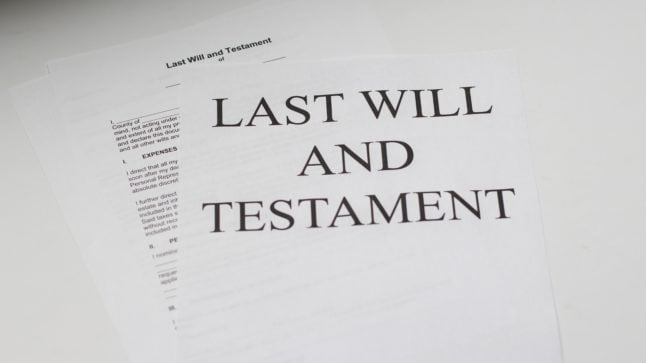The €300 payment is to be paid out by December 15th, Labour Minister Hubertus Heil, of the Social Democrats, said on Wednesday following the cabinet meeting.
The cabinet also decided on a higher upper limit for people with so-called midi-jobs, which is a type of marginal employment in between a mini-job (which is generally exempt from taxes and social contributions) and full-time employment.
Politicians in the coalition government, made up of the SPD, Greens and FDP, agreed on the measures in September as part of their third energy relief package.
Heil said the state was “standing by people” at a time when the cost of living was rising.
Why are pensioners receiving a special payment?
Germany has put together several major relief packages to help people financially since the start of the energy crisis.
One of the most high profile support measures, which was announced back in March this year, was a €300 taxable payment given out to people in employment. That was paid out in employees’ September pay packets.
READ ALSO: Everything Germany is doing to help relieve rising energy costs
However, the government was slammed at the time as millions of pensioners were left out from the relief. It was only valid for taxpayers in tax brackets I to V.
According to the Federal Ministry of Social Affairs, a lump-sum energy payment will now be paid to all those who are entitled to a statutory old-age pension, pension for reduced earning capacity or surviving dependents’ pension, or to pension payments under the Civil Service or Soldiers’ Pensions Act from December 1st until December 15th.
Pensioners have to live in Germany to be entitled to the payment. According to the ministry, the payment is made automatically – people do not have to apply for it.
The energy allowance is not counted towards income-related social benefits and is not subject to social security contributions, the ministry emphasised. The government estimates the costs of the payout at about €6 billion.
Relief for people with low incomes
The increase in the upper earnings limit for people with midi-jobs is being increased from €1,600 to €2,000, the cabinet decided. This is also part of the third relief package put together by the coalition government to support people in the energy crisis.
“The sharp rise in prices for energy and food is a heavy burden on citizens,” said Heil, adding that the measures in the package will cushion some of these costs.
The increase in the midi-job threshold alone would relieve the burden on employees subject to social security contributions with low wages by €1.3 billion, without having to forego social protection, he said.
“In this way, we are providing targeted relief for people with low incomes,” said Heil.
Unlike mini-jobs, midi-jobs are not exempt from social security contributions. However, they are subject to staggered reduced rates. Employees in midi-jobs do not have to pay full social security contributions until they reach the upper limit of €1,600 at present – and €2,000 in future.
READ ALSO: The rules in Germany around ‘mini’ and ‘midi-jobs’




 Please whitelist us to continue reading.
Please whitelist us to continue reading.
Member comments